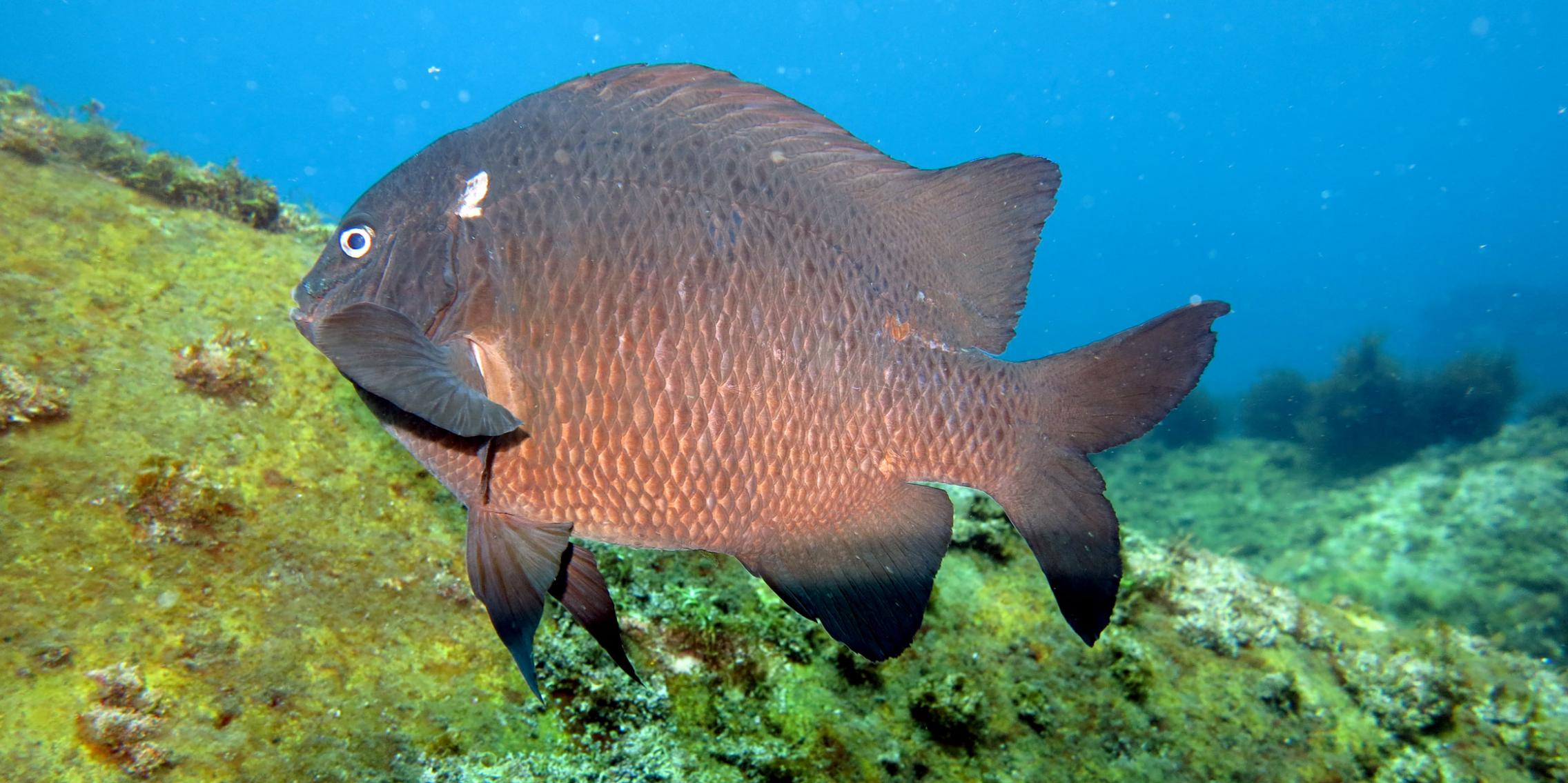How climate change impacts fish populations

Gain an understanding of how ocean acidification will affect the behaviour and physiology of fish species, how this could modify their population dynamics, and what the implications are for biodiversity.
Natural volcanic CO2 vents at New Zealand are the primary area from which fish samples are obtained for analysis in this project.
Climate change stressors such as warming and acidification of the oceans are predicted to have dramatic impacts on the diversity, abundance, and distribution of fish species worldwide.
The degree to which fishes adapt to or tolerate changing conditions will determine their persistence in their original habitats as well as their ability to extend their ranges to novel habitats or higher latitudes.
My research focuses on the effects of global change and human impacts on aquatic species and ecosystems. The studies are highly relevant for management purposes and to understand how climate change will affect productivity and resilience of coastal ecosystems and their associated animal populations.
Read more: Researchers discover some fish species might actually benefit from climate change

Supervisor
Research area: Marine ecology - climate change effects on fishes
Recommended honours enrolment: Honours in Ecology and Environmental Science
